

Emerging Themes In (Epi-)Genome Architecture and Function
2/4/2020
.jpg?sfvrsn=69e4ee8d_1)
Following on from our successful mini symposium “Chromatin Meets Epigenetics: From organization to function” in April 2018, the Laboratory of Chromatin Biochemistry hosted the Research Conference on 'Emerging themes in (epi-)genome architecture and function' at KAUST from February 4th to 6th, 2020. The focus of this event was to provide a platform for technical and conceptual cross-disciplinary interactions in the field of Epi-Genome organization. The conference invited 15 international speakers (from different parts of the world) with expertise in different areas related to (epi-)genome architecture to KAUST. On the local site, the event was integrated with the activities of the KAUST Environmental Epigenetics Program (http://www.environmental-epigenetics.com/).
The conference covered the following topics:
theme III: Genome organization and disease: how defects in genome organization can lead to disease
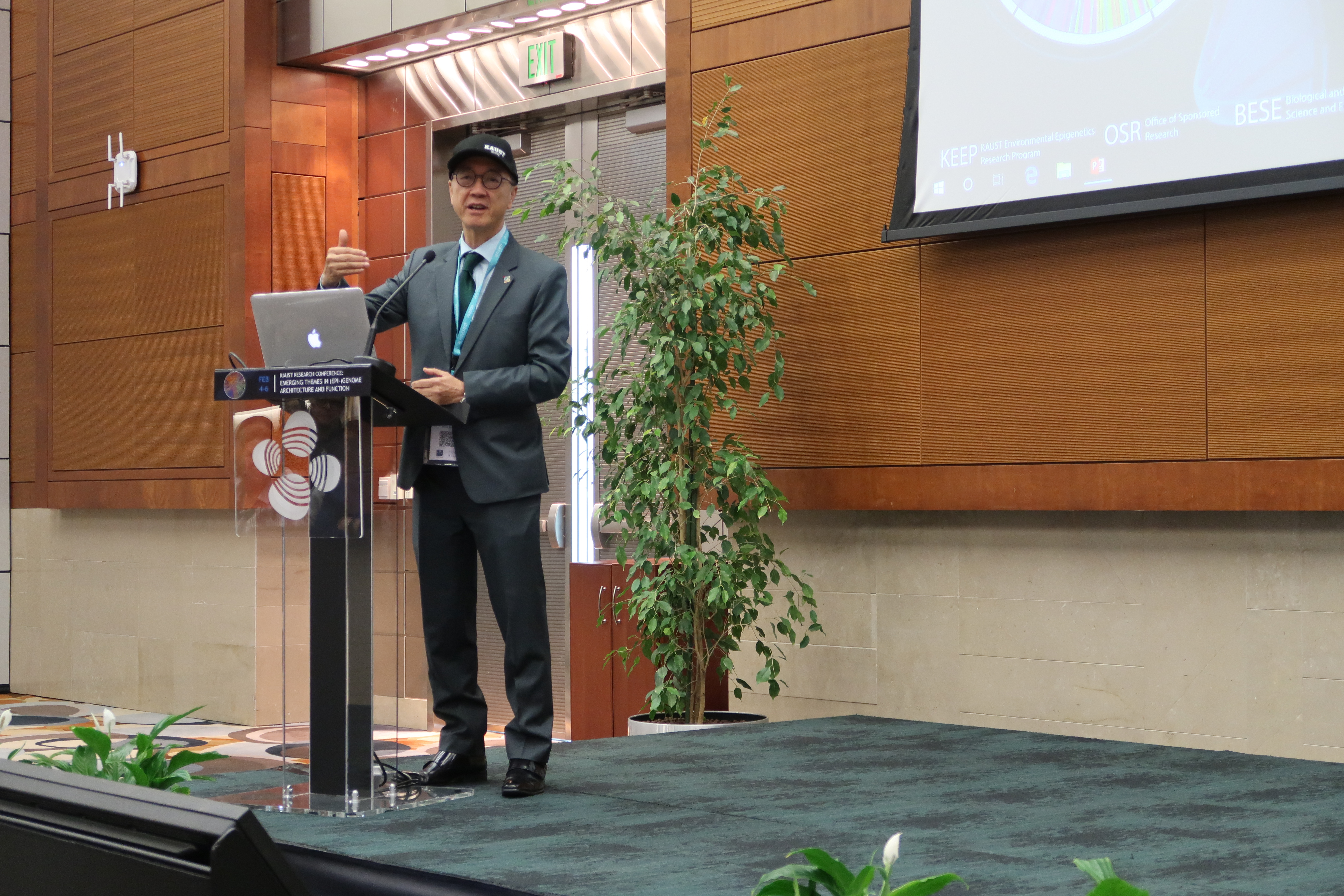
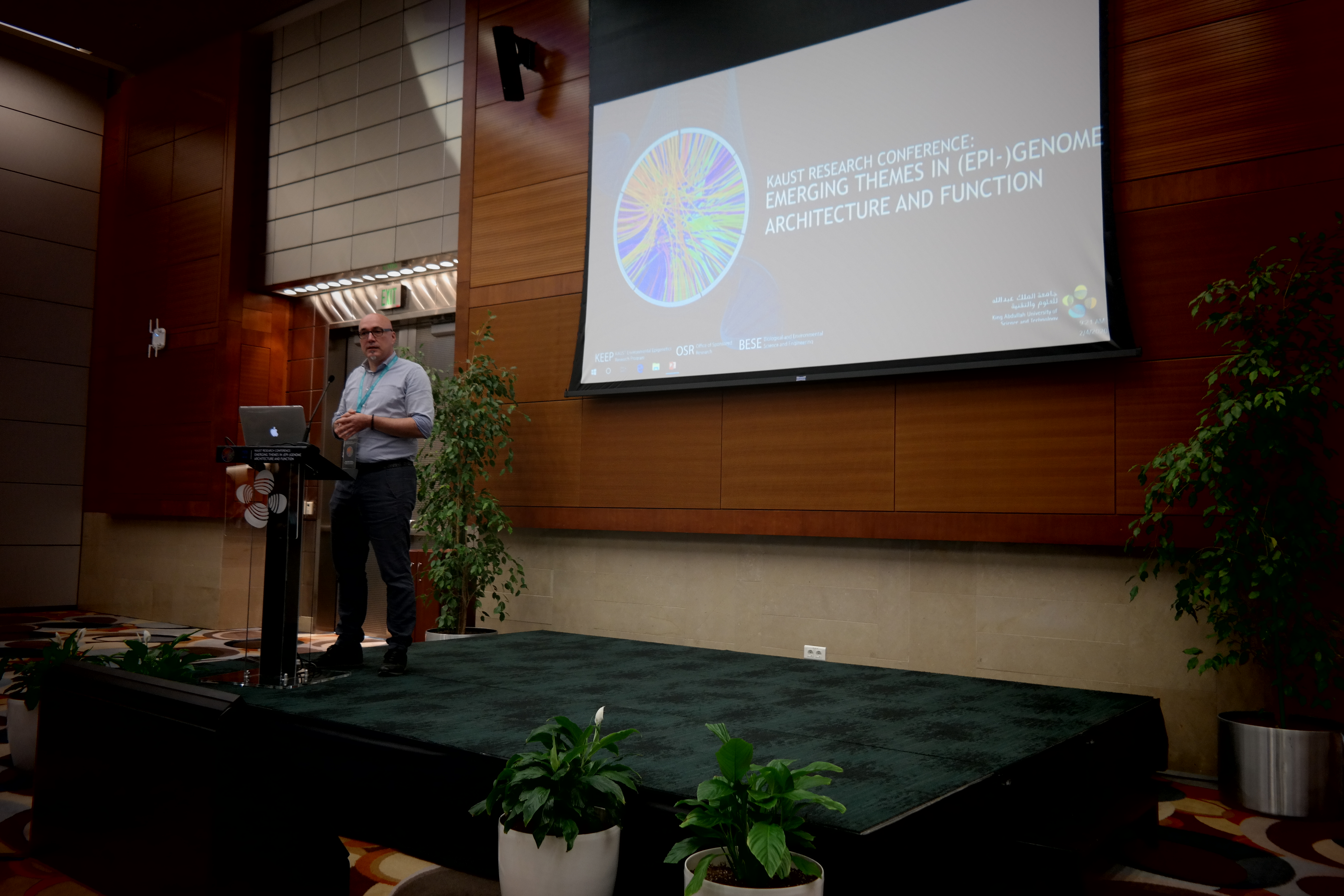
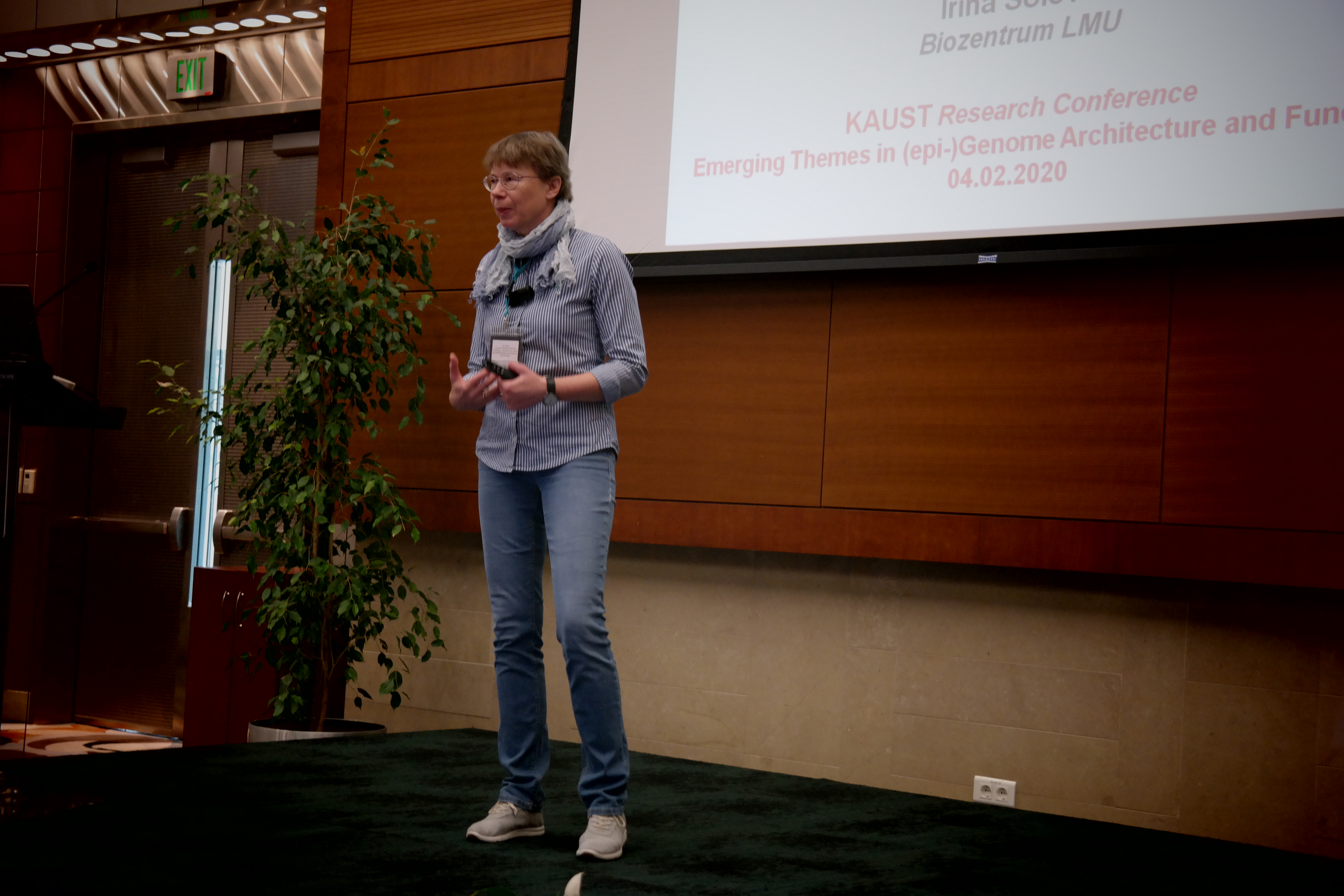
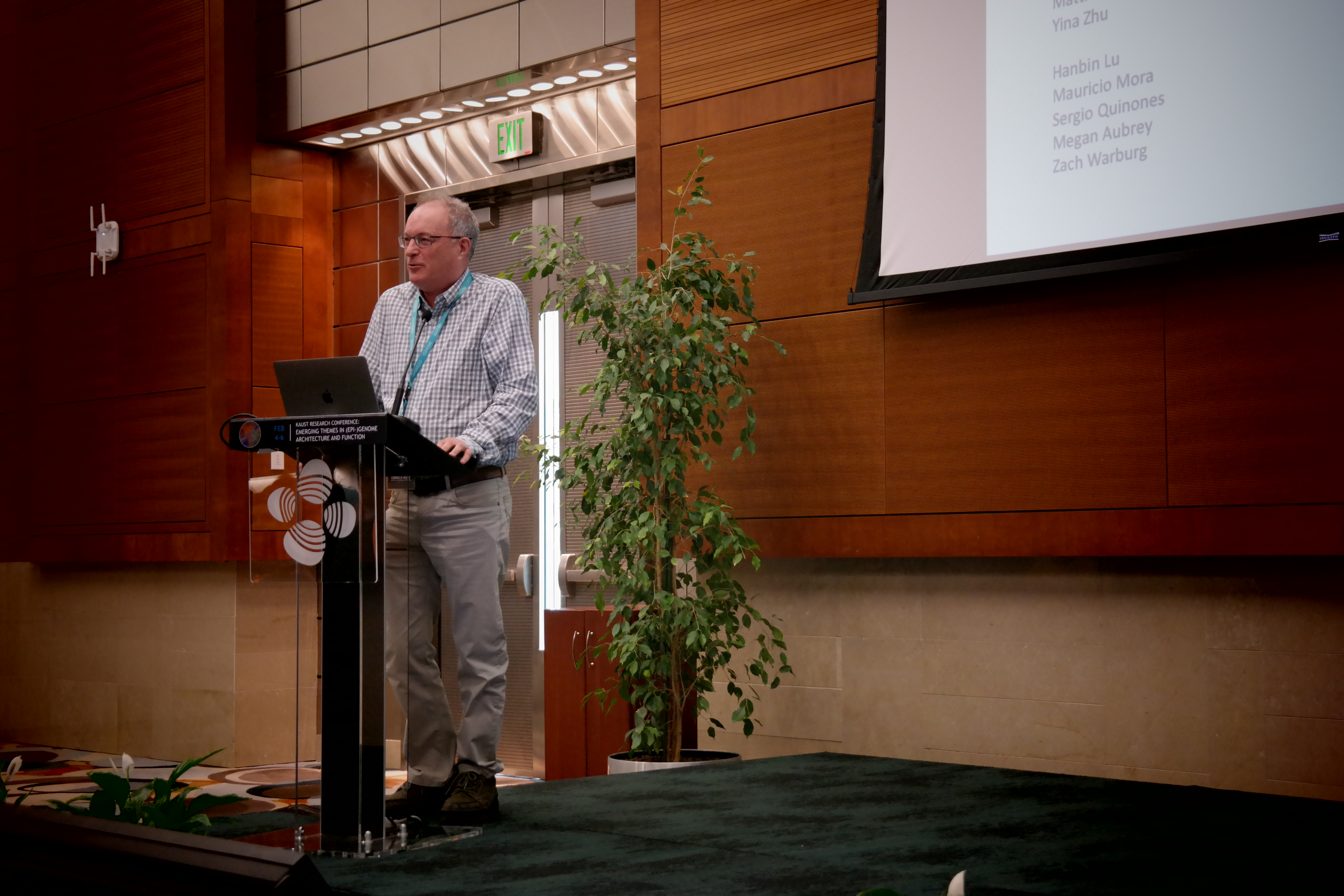
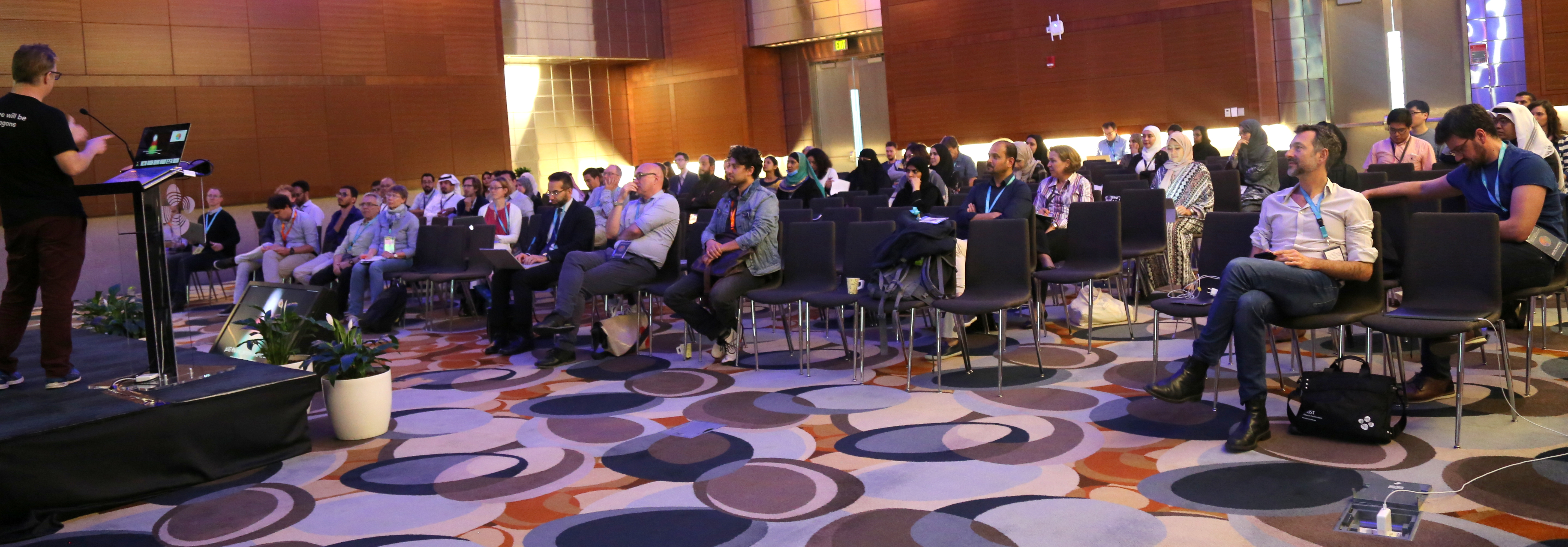

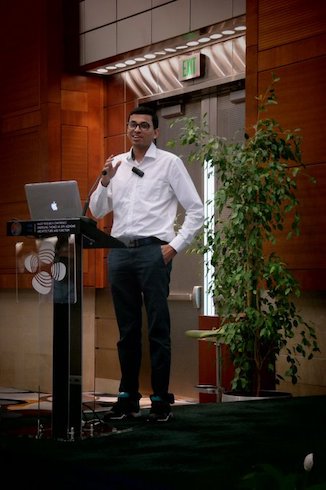
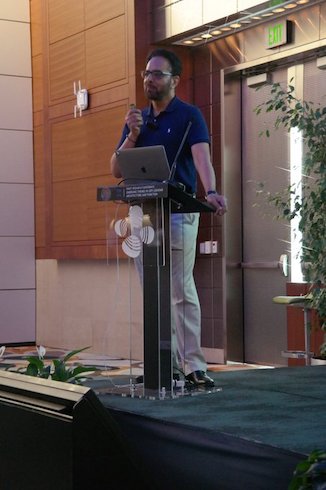

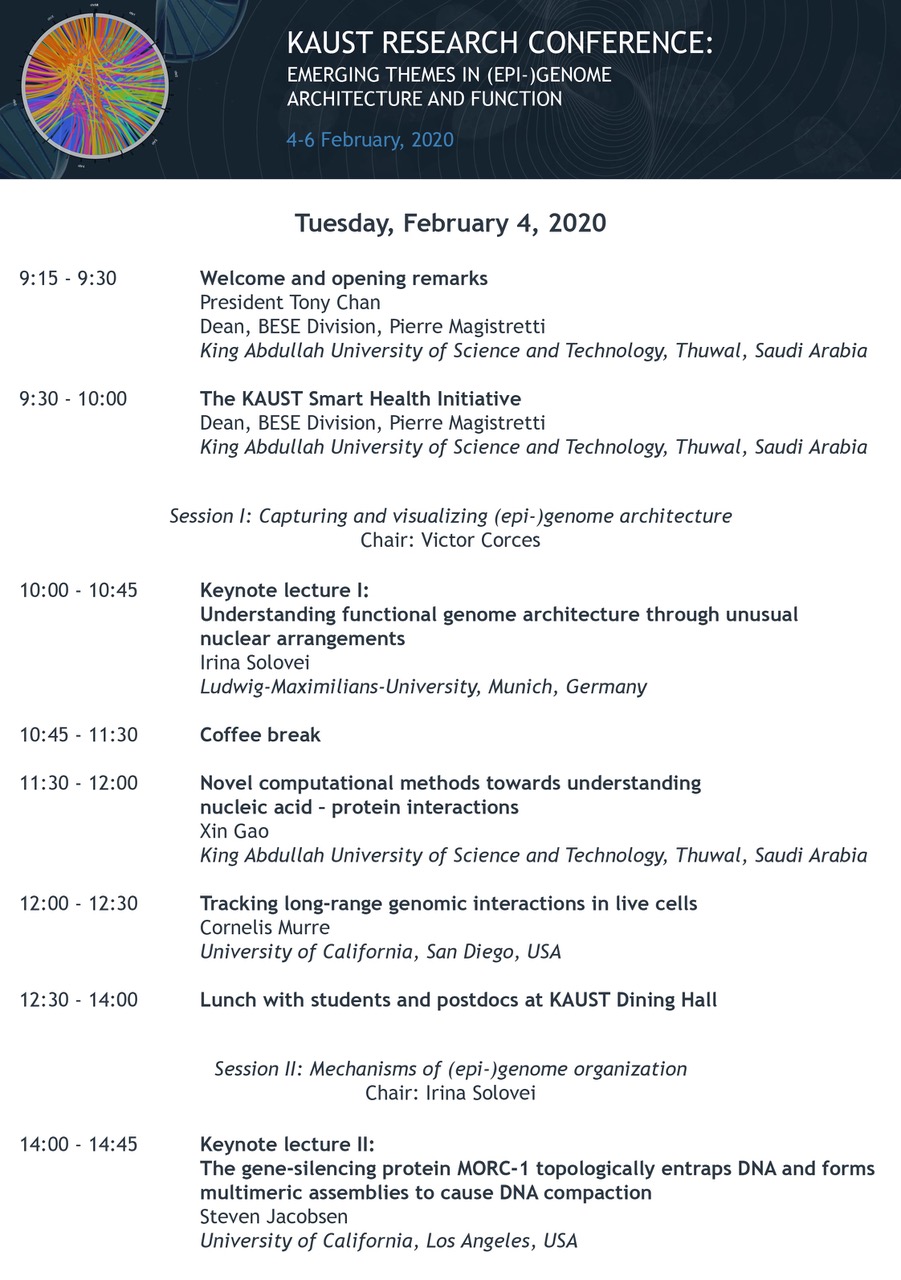
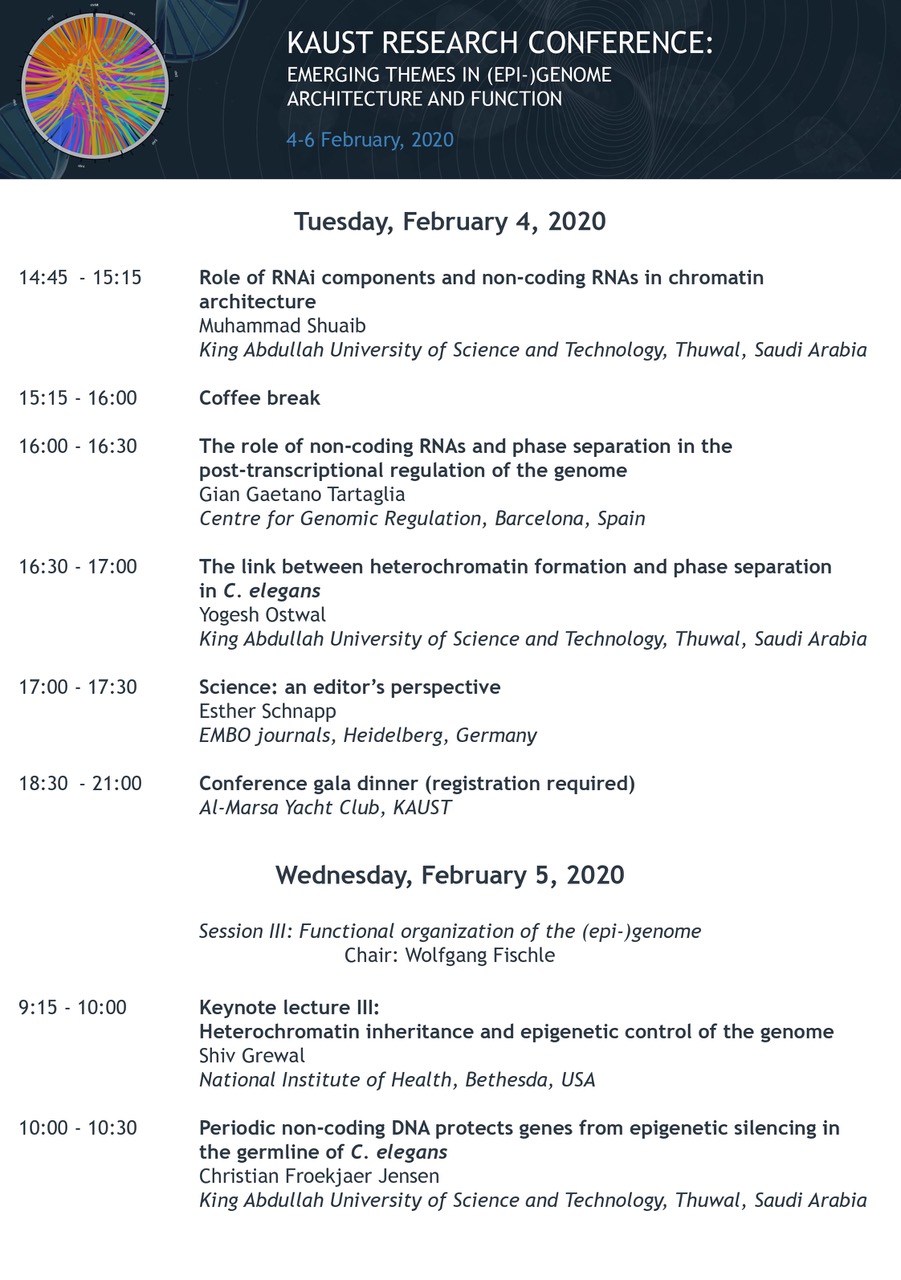
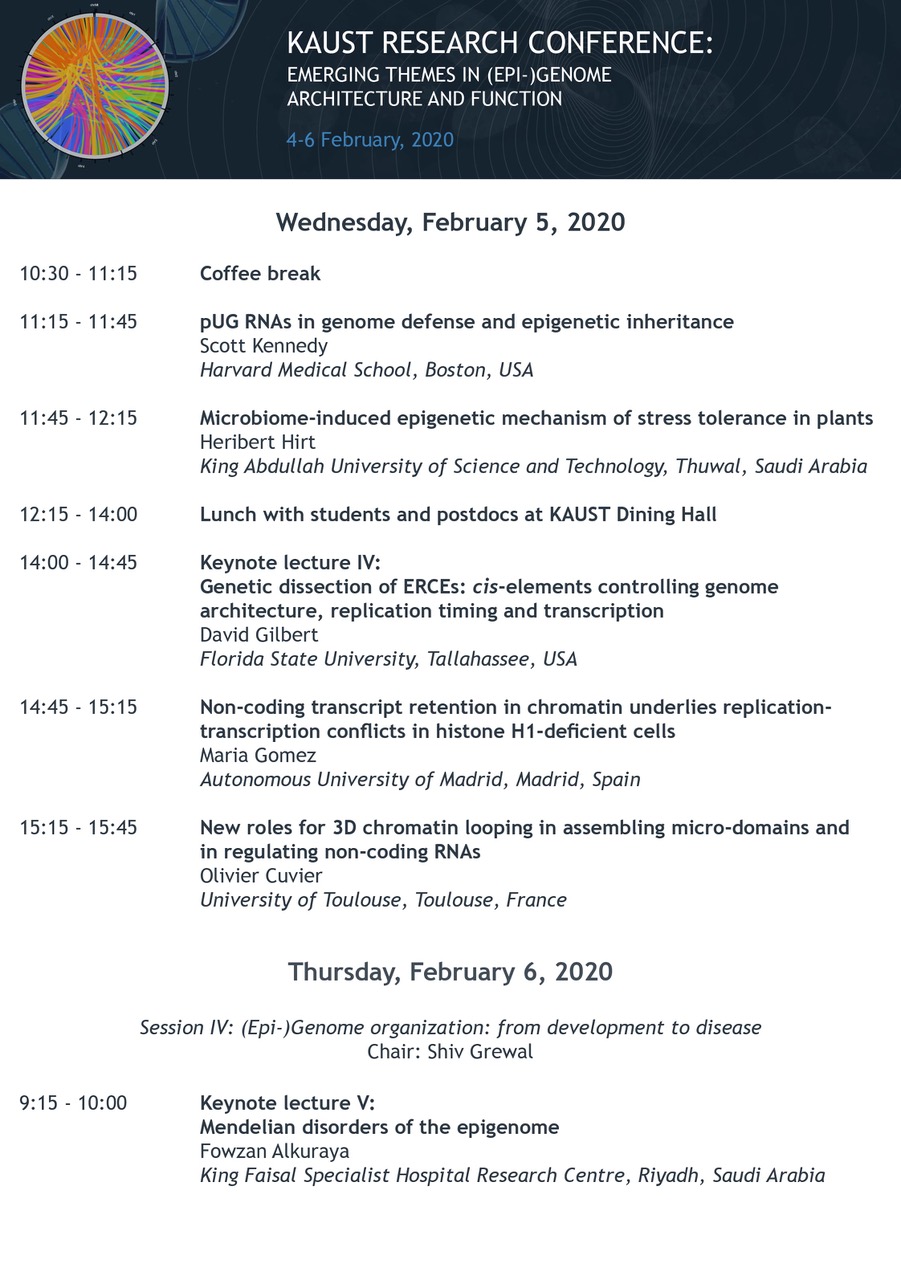
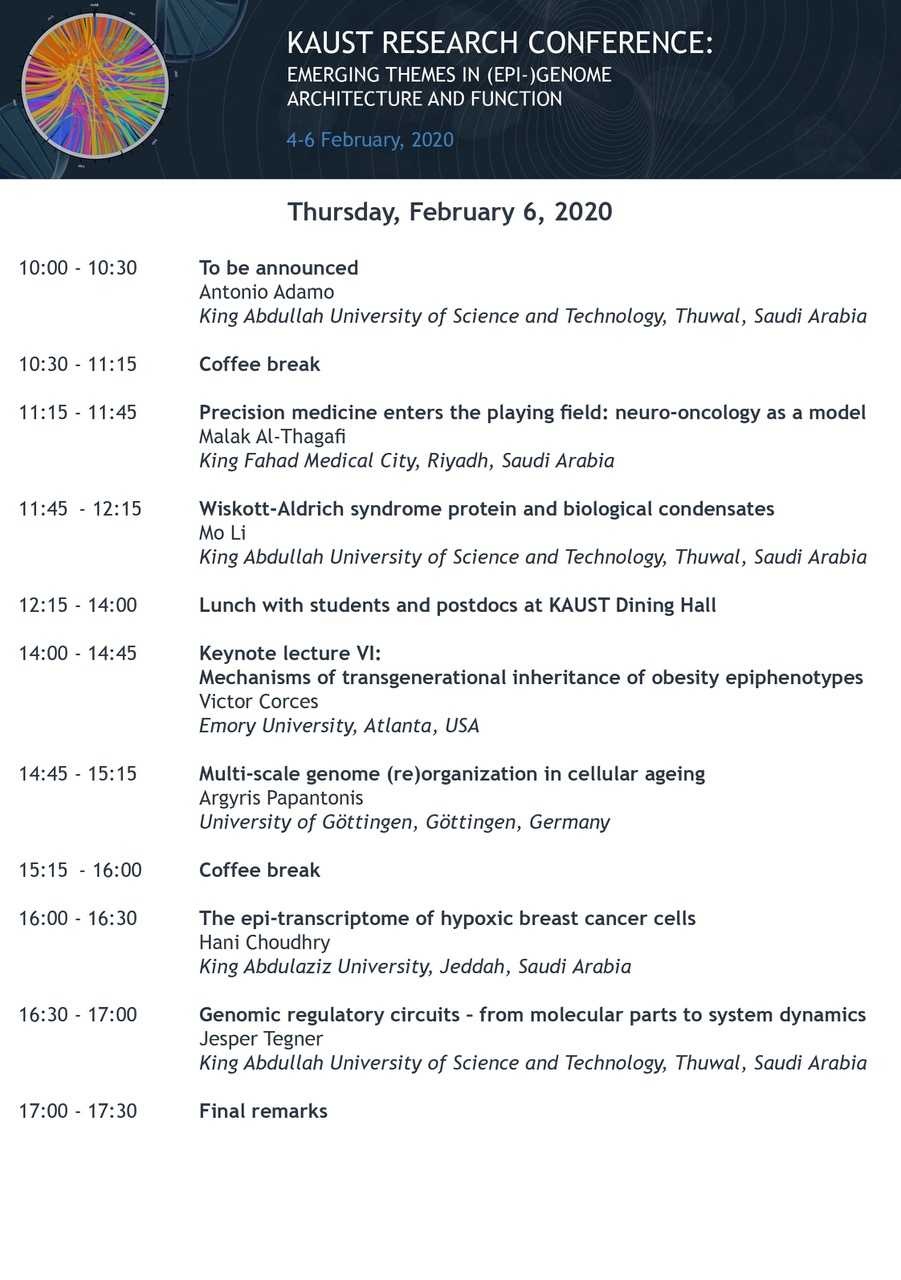
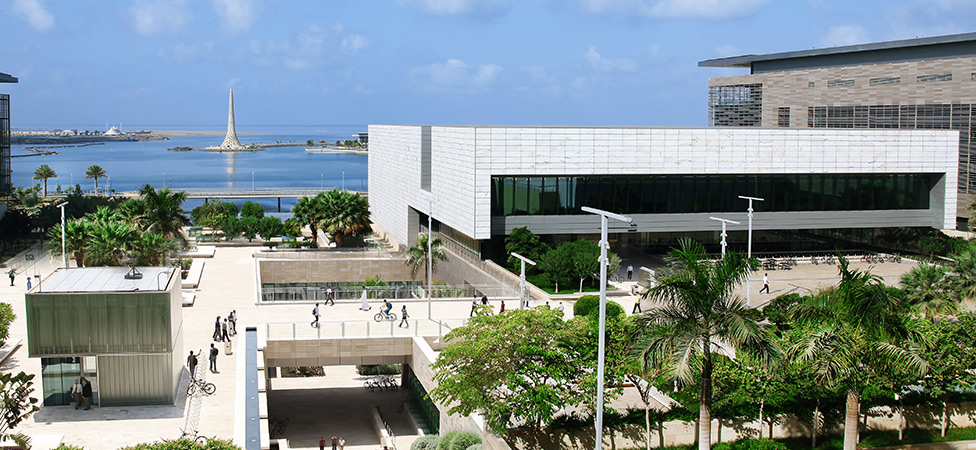
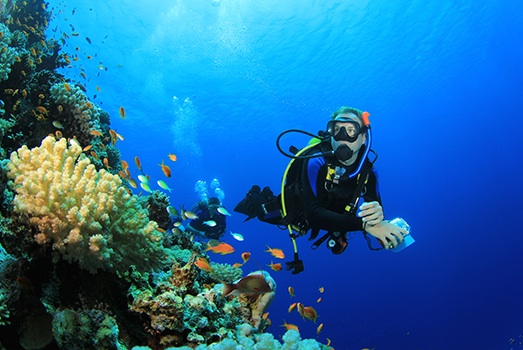
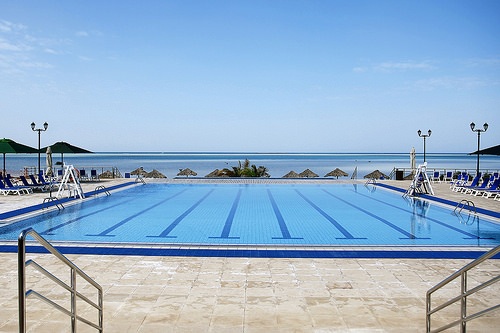
King Abdullah University of Science and Technology (KAUST) is an international graduate-level research university located in the shores of the Red Sea in Saudi Arabia. It is home to world class international faculty, scientists, engineers and postgraduate students that conduct curiosity driven and goal-oriented research to address the world’s pressing scientific and technological problems.
KAUST offers its students rich opportunities for learning, discovery and research. With a student body representing 70 nations, the University is committed to attracting and educating the world’s most gifted and inspired scholars. Students, faculty and researchers cultivate a dynamic and collaborative environment of bold scientific research.
To learn more about KAUST please visit: www.kaust.edu.sa
Research in BESE is focused on the molecular and cellular mechanisms through which organisms sense, adapt and respond to the environment, and the development of innovative technologies. BIO-NEST: from bench to innovation, describes focal areas of basic and applied research in Biotechnology, Neuroscience, Epigenetics and Stem Cell Biology, supported by cutting-edge Technologies.
At the more applied level, research projects in the Division center on how to intervene on the environment to respond to the increasing needs of food and water availability, how human activity affects environmental systems at an integrated level and how such interventions in turn affect living organisms.
BESE offers programs in Bioscience, Environmental Science and Engineering, Marine Science and Plant Science. The Division boasts state-of-the-art facilities and resources, including some of the most advanced equipment in the world for genomics, proteomics, imaging/characterization, nanofabrication, and capability to explore global marine environments.
To learn more about BESE Division please visit: bese.kaust.edu.sa
To learn more about BESE's educational programs, please visit: bese.kaust.edu.sa/Study